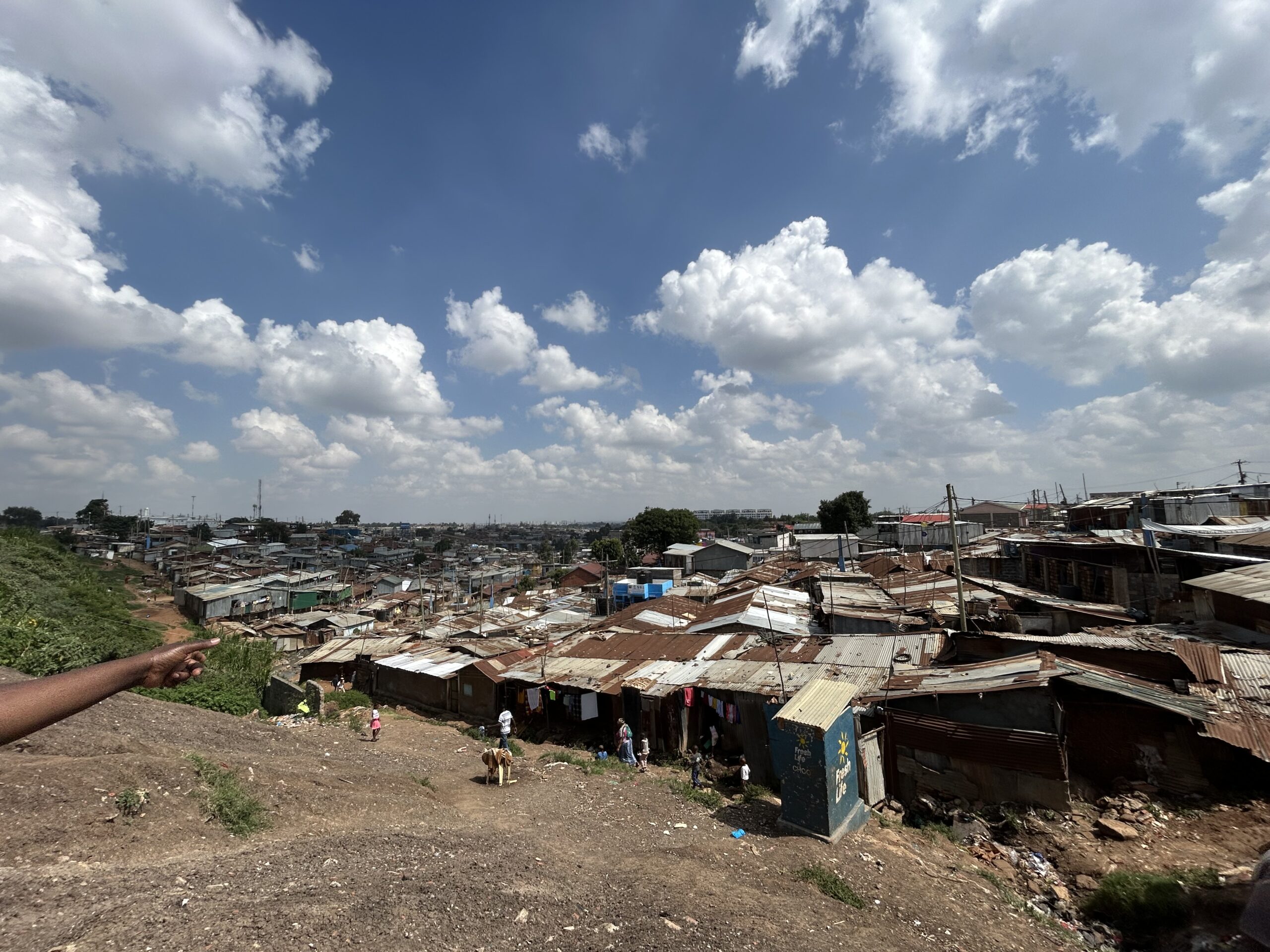November 15, 2024
By: Daniel Gutwein
A Heart-Wrenching Reality Check: My Poverty Simulation Experience
Last week, I attended the “Poverty Simulation: Struggle for Survival” event at Grand Canyon University, reluctantly at first, but ultimately left transformed. Despite initial reservations, I honored my friend Vimbai M Mhungu‘s invitation, unaware that this simulation would shake me to my core.
Stepping into the Shoes of the Struggling
Upon arrival, I joined 80 others, mostly college students, in a large room. We were thrown into a world where 700 million people live on less than $2 a day, struggling for basic survival. Our task was to make paper bags from newspaper, water, and flour, selling them to shopkeepers to survive.
The Brutal Truth
I found myself in a 6×6 “home” with seven family members, competing for survival. Making paper bags was painstaking, and sitting on the floor added to the challenge. Our goal was simple and the same goal of so many of these families – sell enough bags to pay rent, buy food and water, and access sanitation. But we consistently fell short.
The Harsh Realities
- We never made ends meet, despite our best efforts.
- Rent increases and illness exacerbated our struggles.
- Families fell behind, with some removed from the slum—no idea where they went.
- Personal items were sacrificed for survival. Some returned from the shopkeepers without shoes, phones, watches, etc.
- Some resorted to desperate measures, including selling organs or themselves, which was the harshest reality of the experiment. Thankfully, in the experiment, the shopkeepers only asked for a “hug.”
Witnessing people beg, plead, and compromise their dignity to survive was devastating. The simulation exposed the cruel hierarchy of poverty, where the vulnerable are exploited and enslaved.
Reflections
This experience echoed memories of my time with groups like World Vision and others, traveling firsthand to areas crippled in the cycle of poverty. I’m grateful for organizations addressing systemic issues and ensuring meaningful change. For example, there was a charity in our simulation that provided education for our kids. I’m sure they were well-meaning, but we never even talked to them. We couldn’t afford to educate our kids, and even if we could, it would’ve taken away the needed productivity of producing bags for the shopkeepers.
A Renewed Sense of Gratitude
After the simulation, I left with a renewed sense of gratitude and a little more sensitivity to the world around me. I craved silence, reflecting on life’s simple joys: sunrise with a cup of coffee, my dignity, health, work, family, and hope. My problems seemed smaller, and my worldview expanded.
Call to Action
If you want to host a similar simulation for your organization, connect with my friend Jason Noble. His group, Crossroads’ Global Village (US) Limited, has done this simulation with thousands of college students as well as many executive leadership teams with major corporations. It’s an eye-opening experience.
If you’ve ever done a SIM like this or experienced a similar community first-hand, I’d love to hear your thoughts
